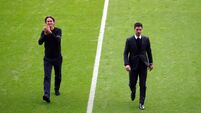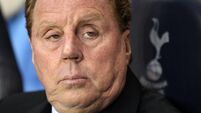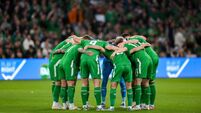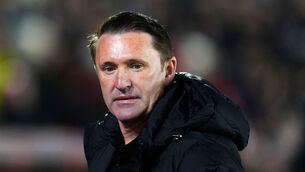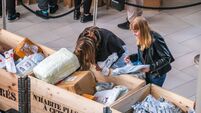Austin Noonan's goal gave Cork Celtic derby glory and first national title - 60 years ago today
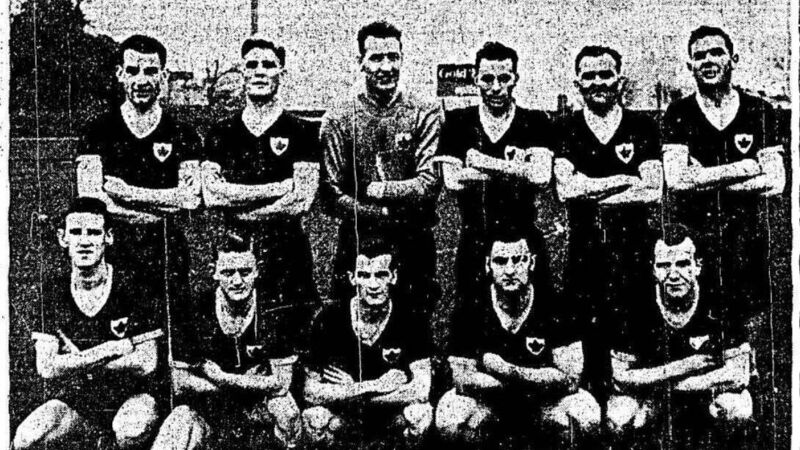
The Cork Celtic team that lined out in the first match of the 1960 League of Ireland campaign.
Cork Celtic were elected to the League of Ireland in June 1951 under the name Evergreen United — the change of name came in July 1959 ahead of the 1959/60 season.
The Evergreen club was founded in 1933 and enjoyed success at regional and national level, winning the FAI Minor and Junior Cups and the Munster Senior League among several more honours.




